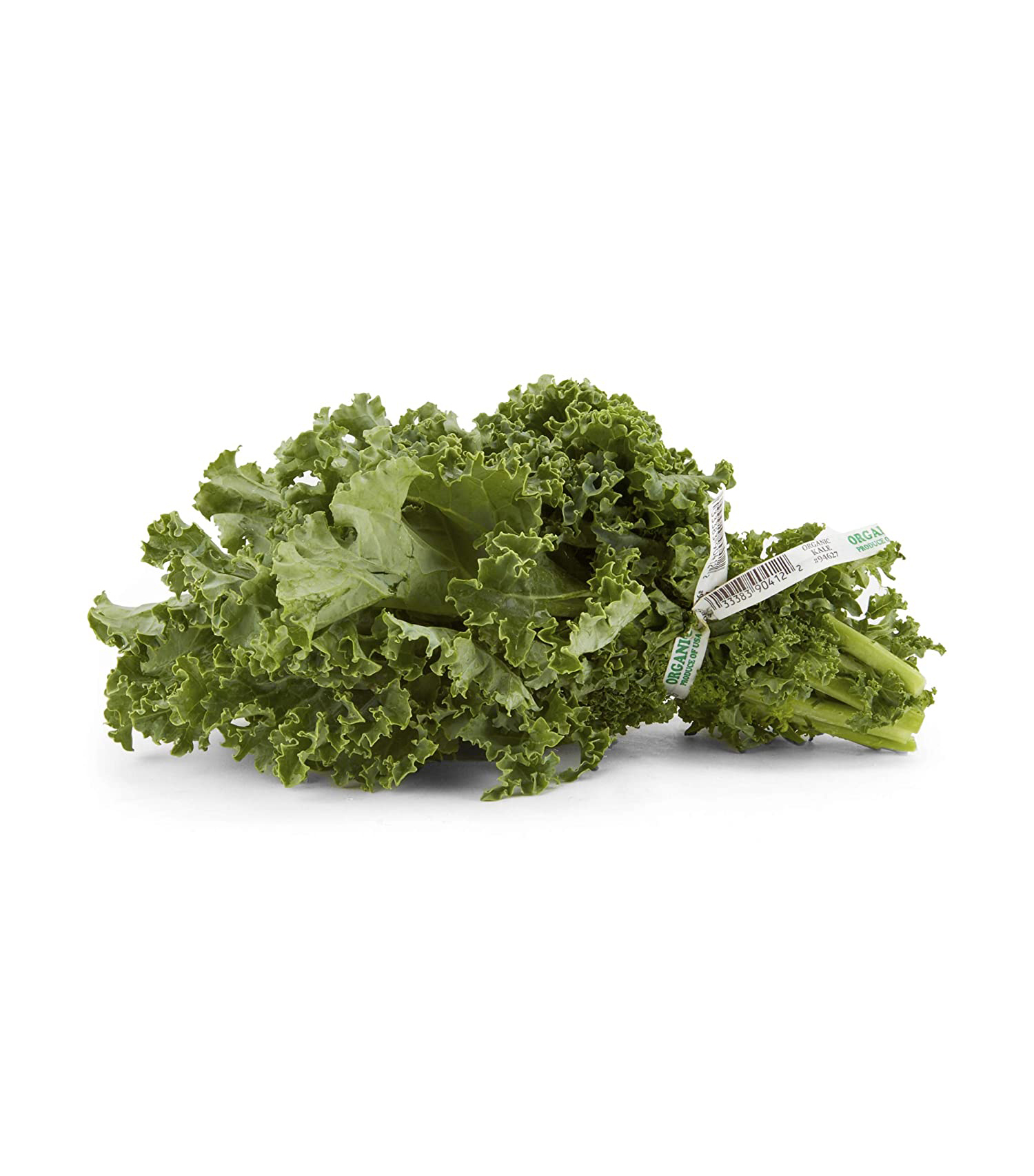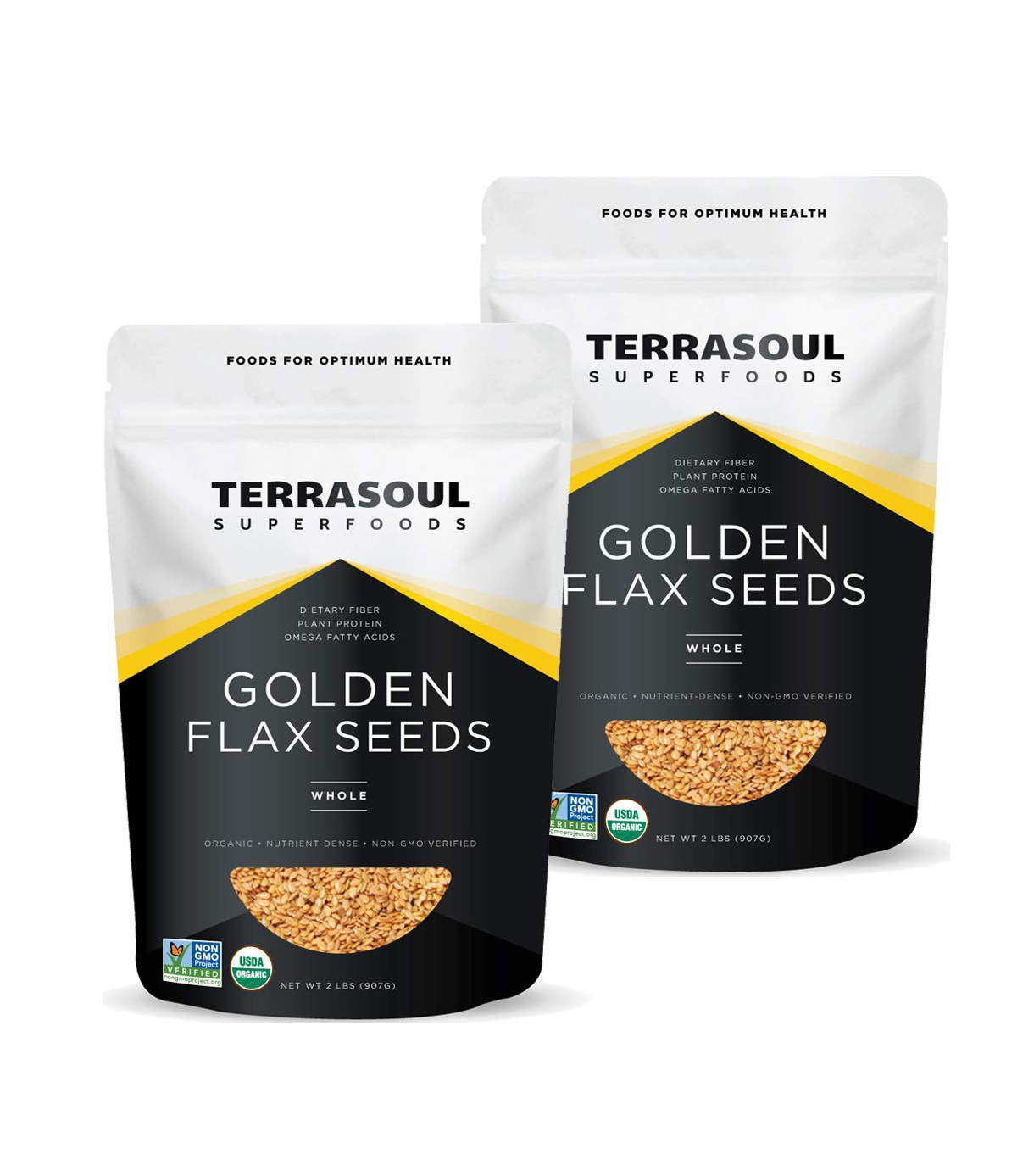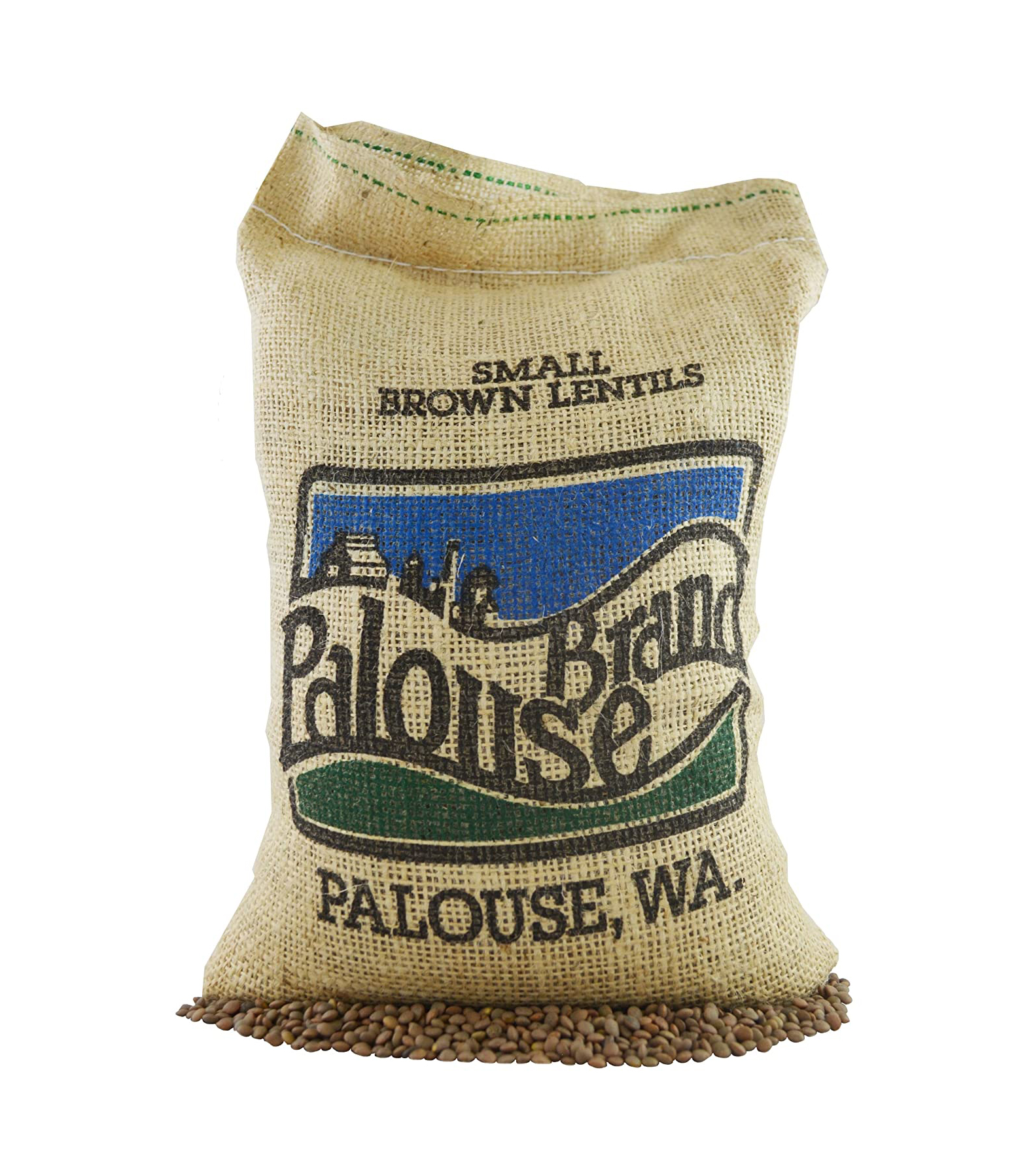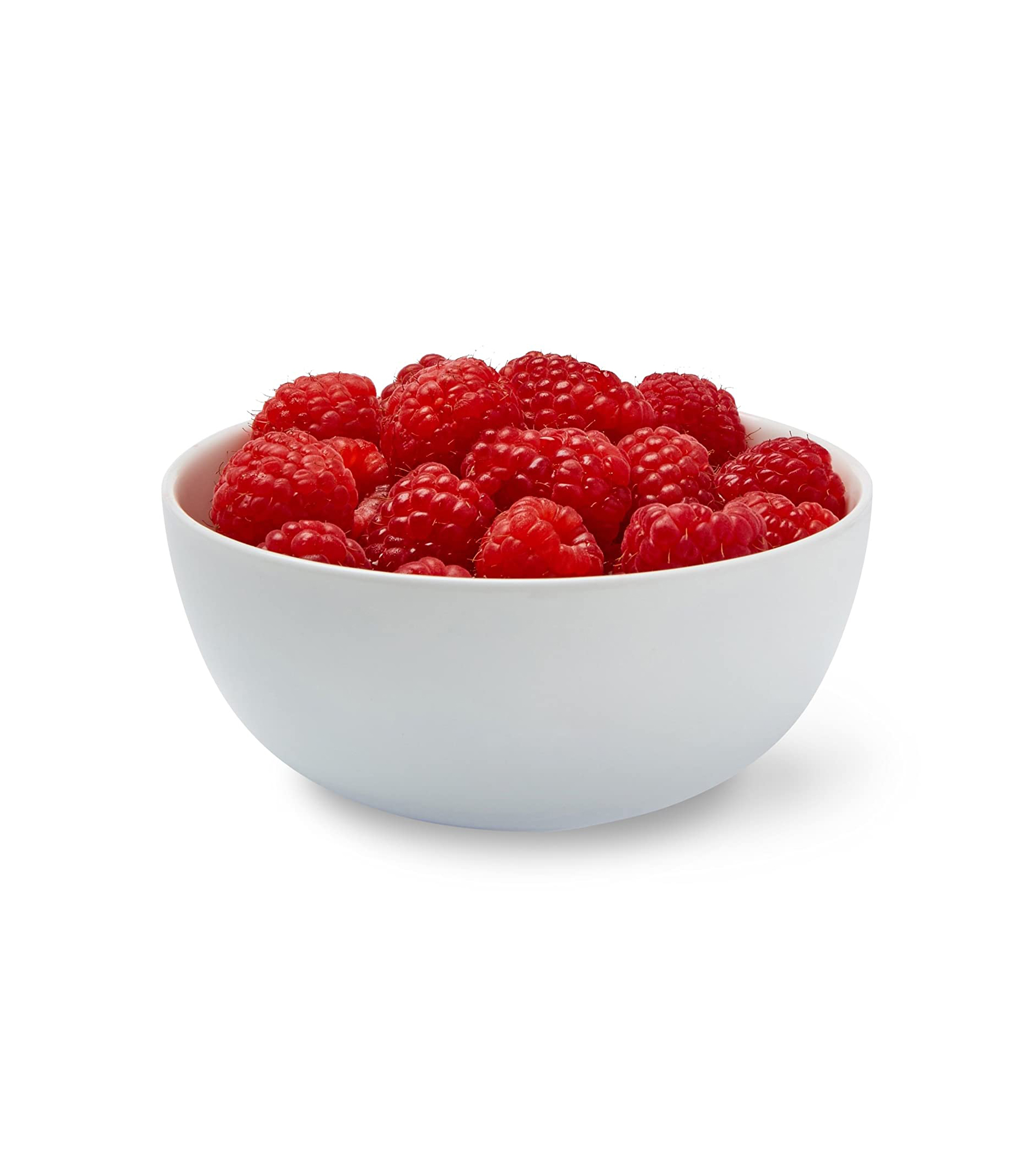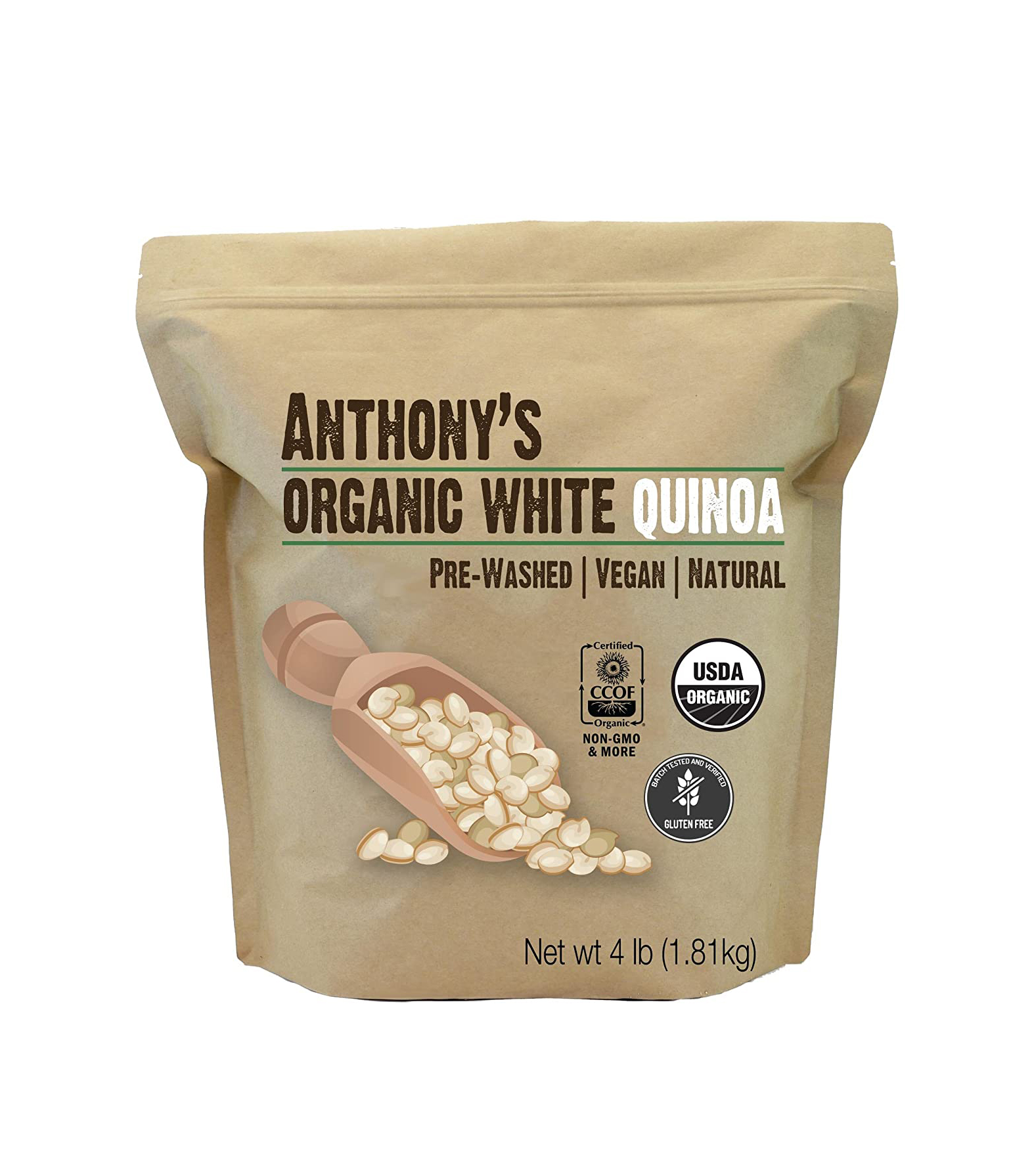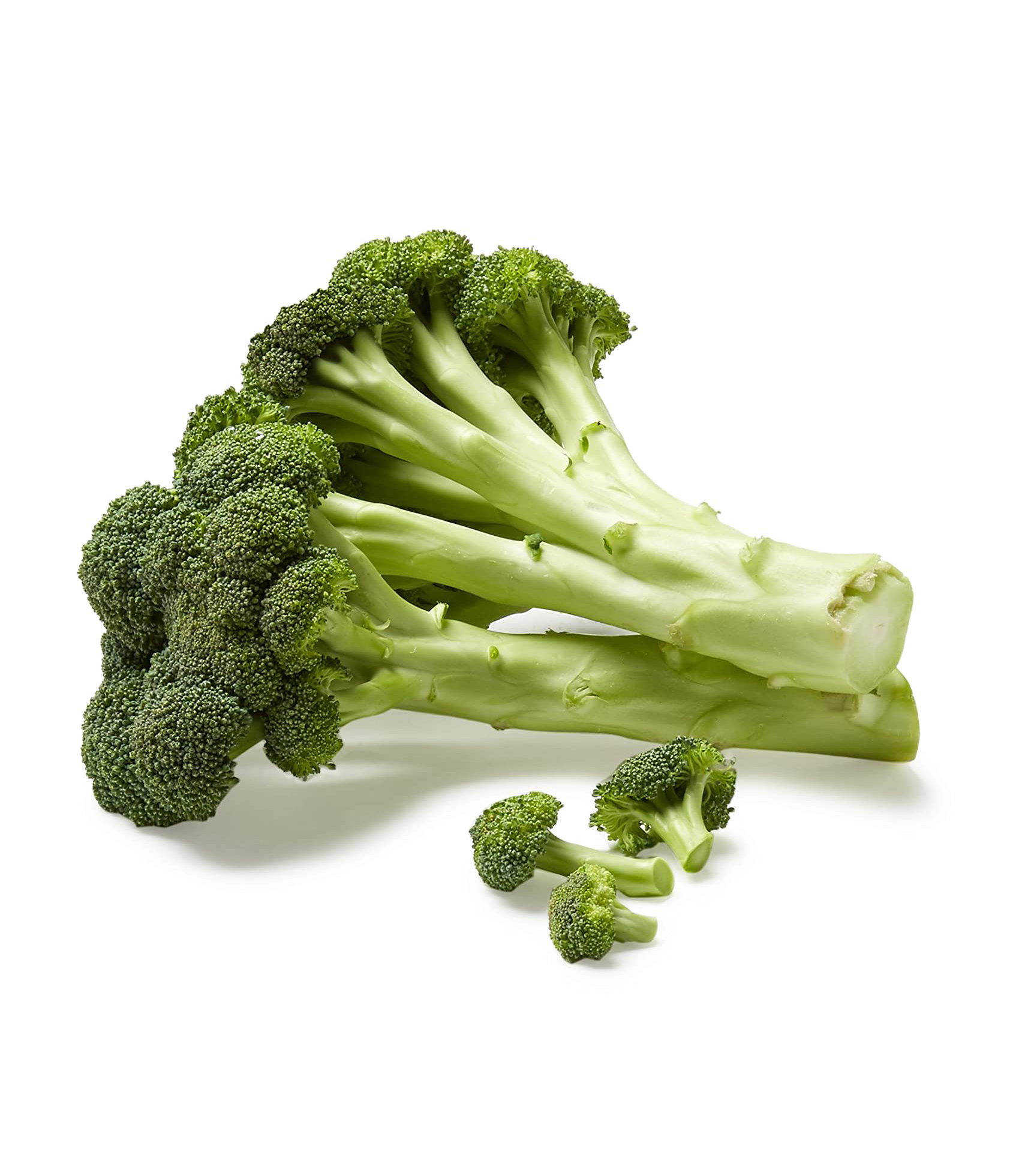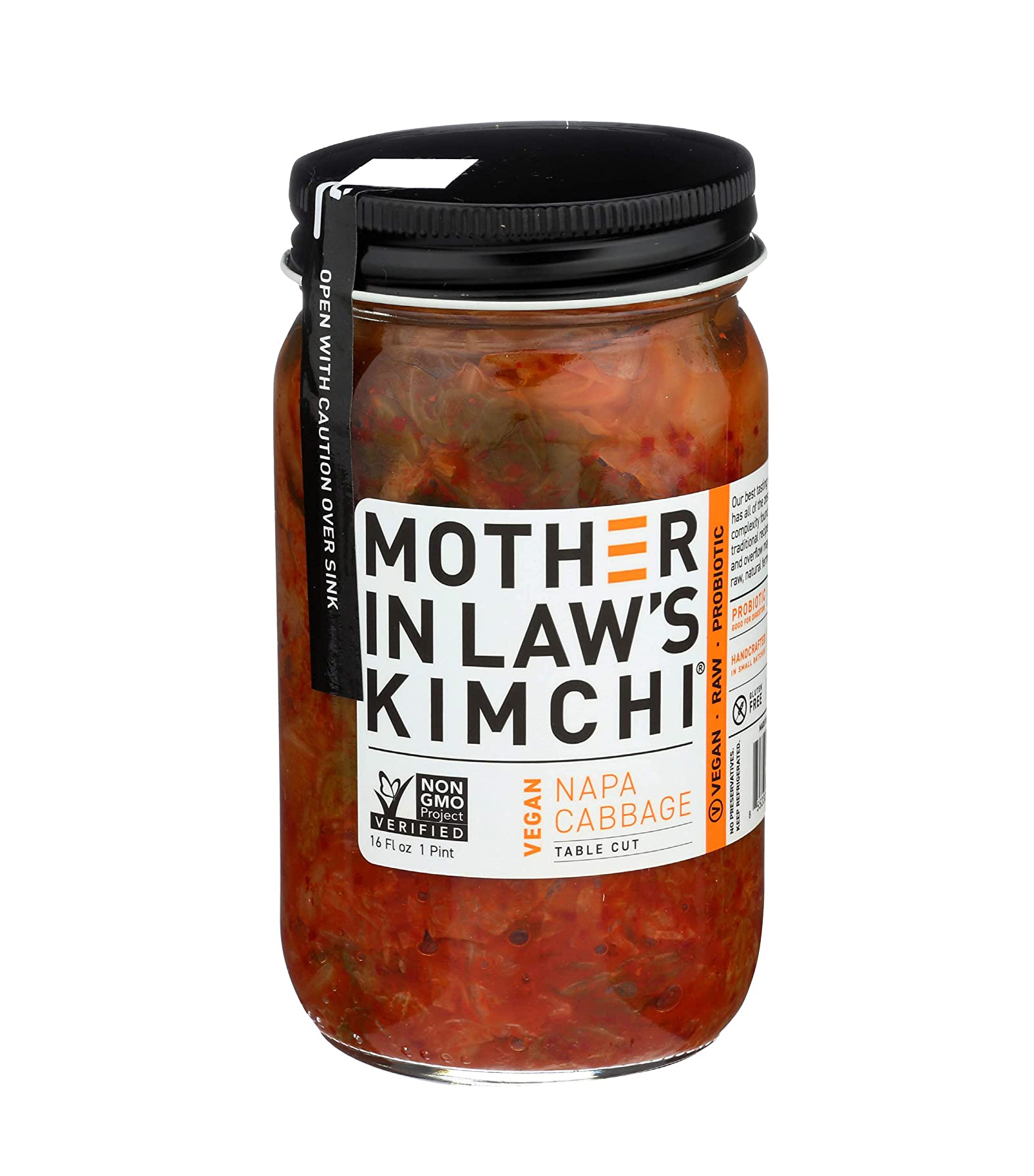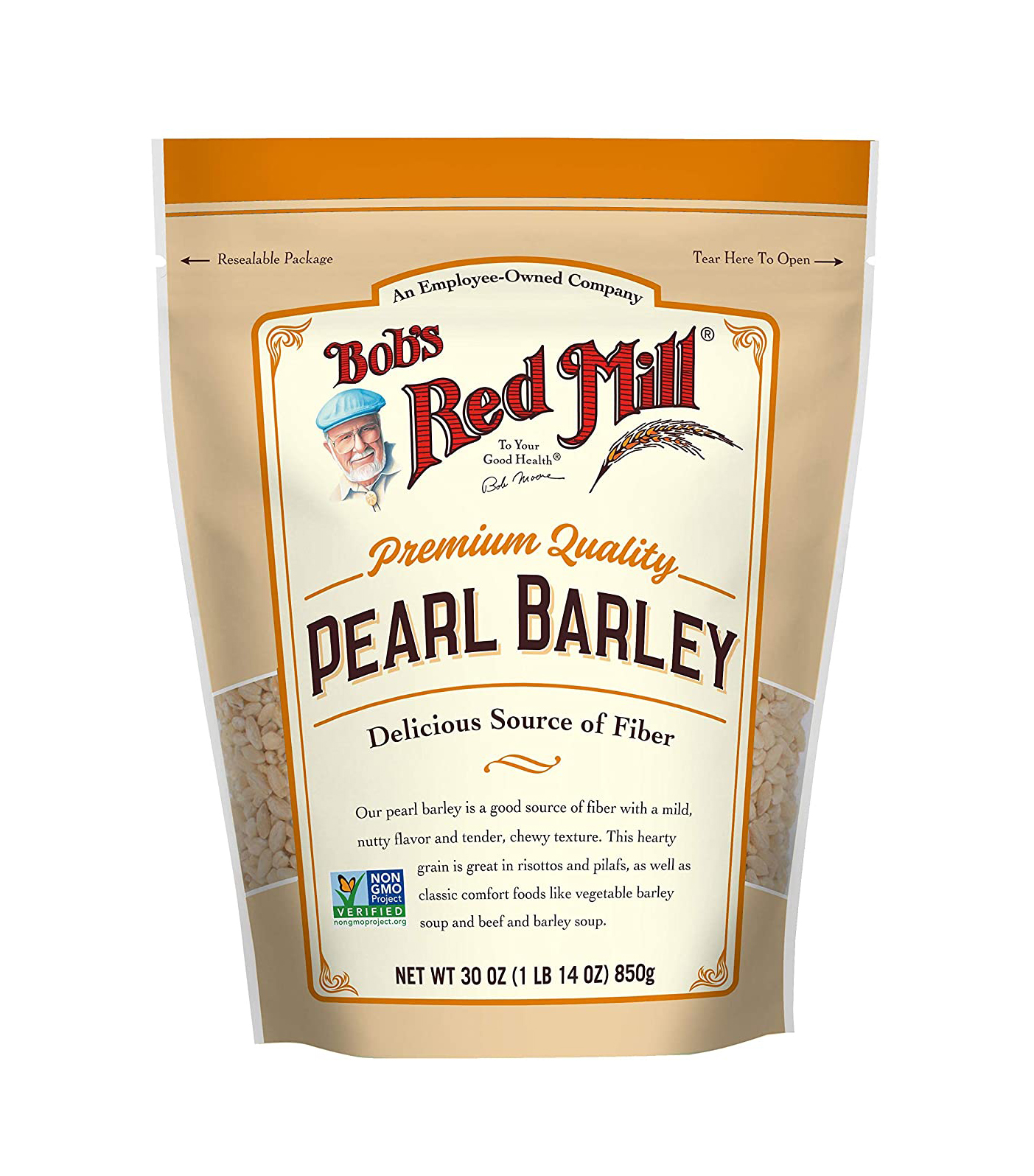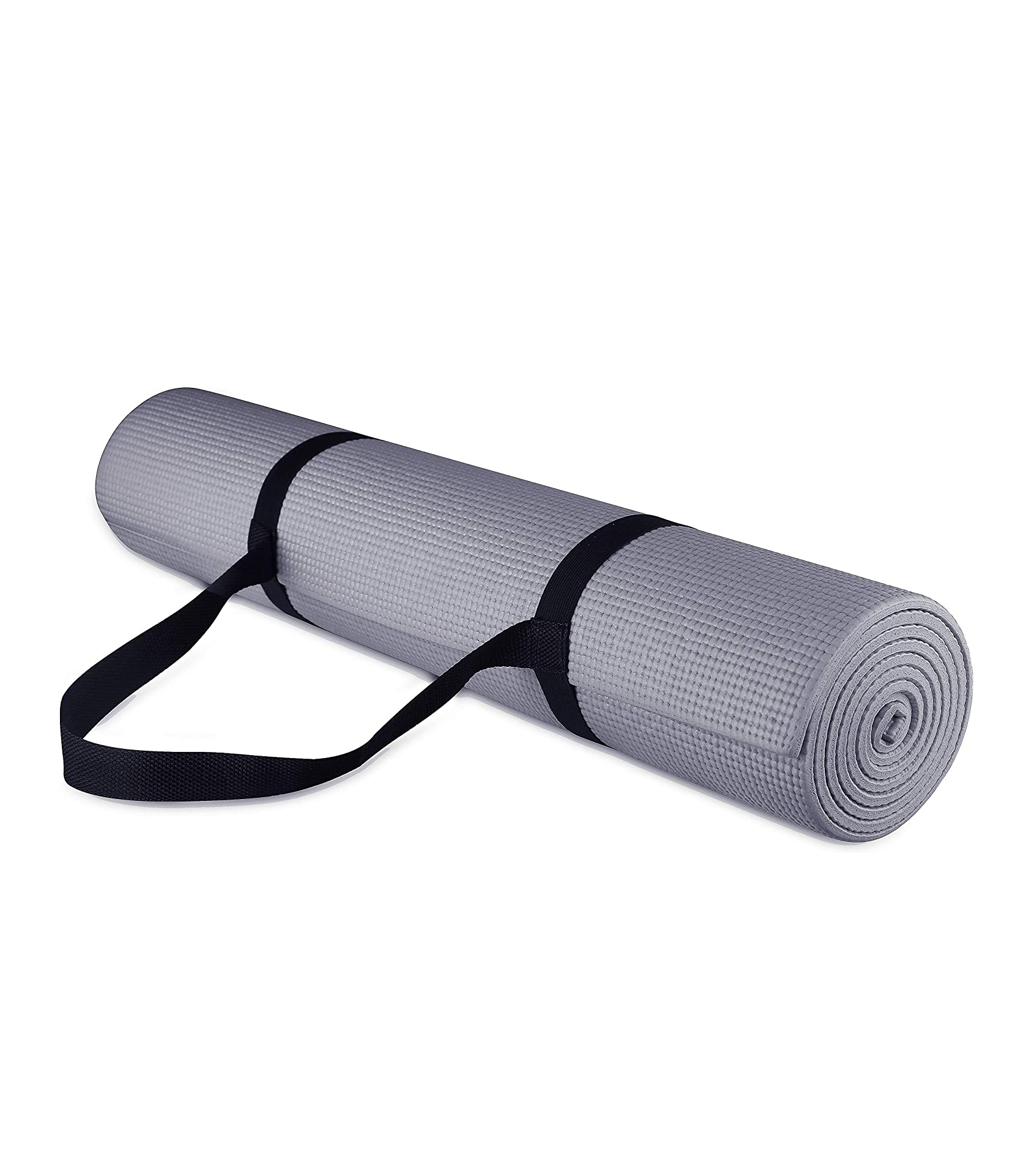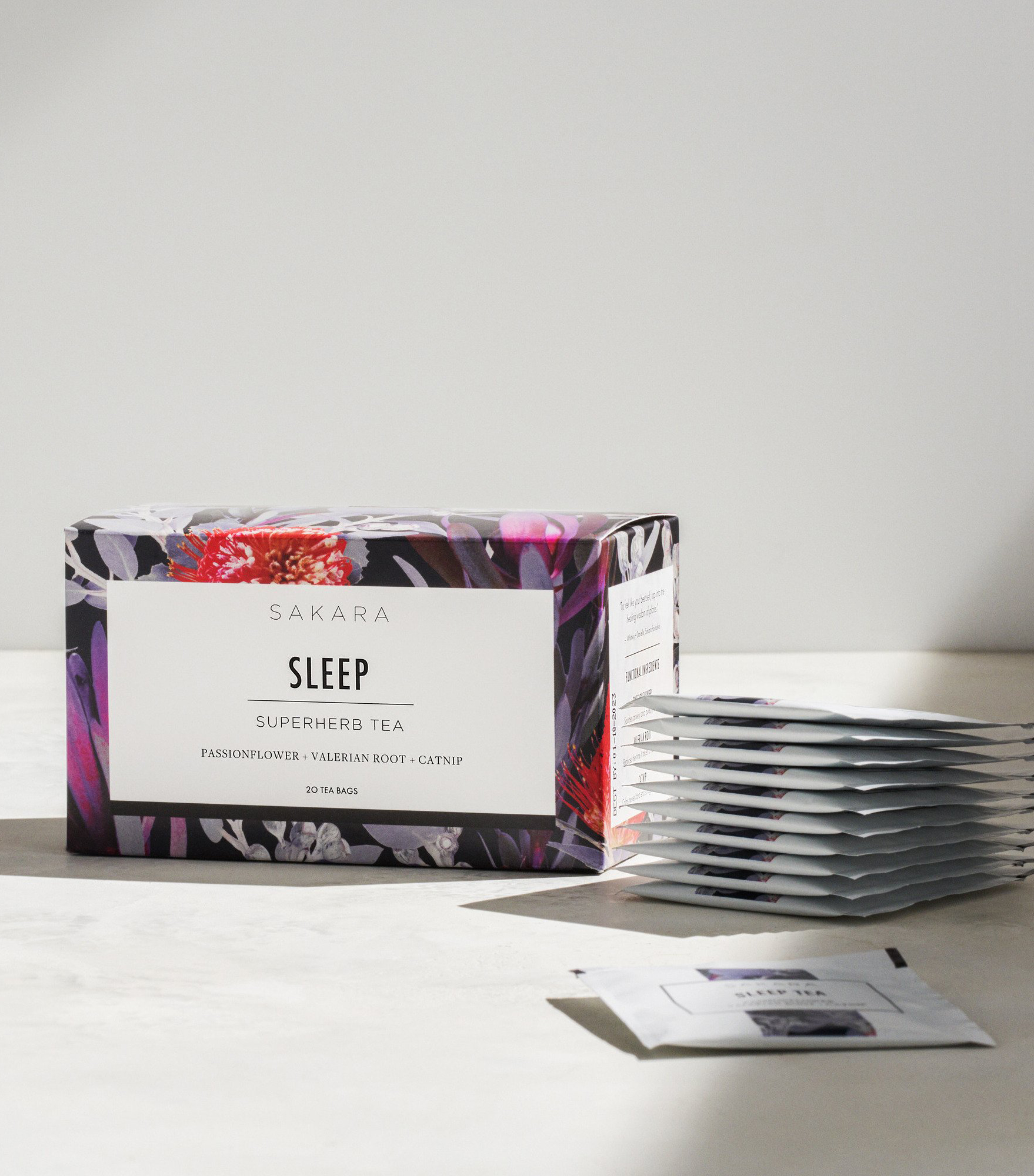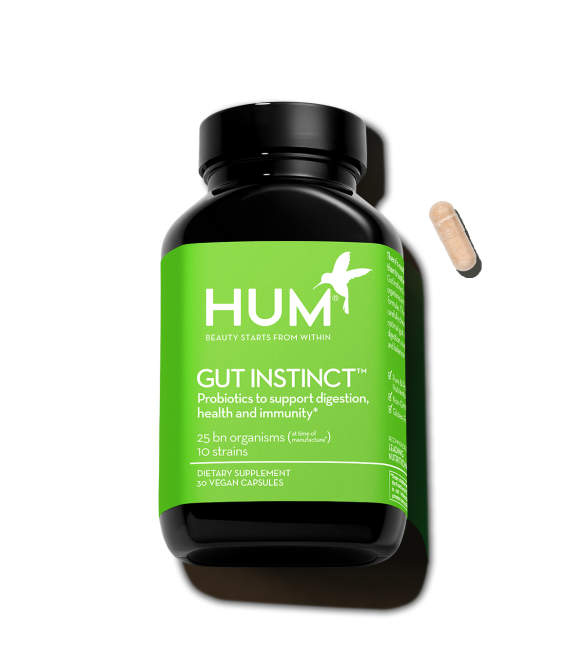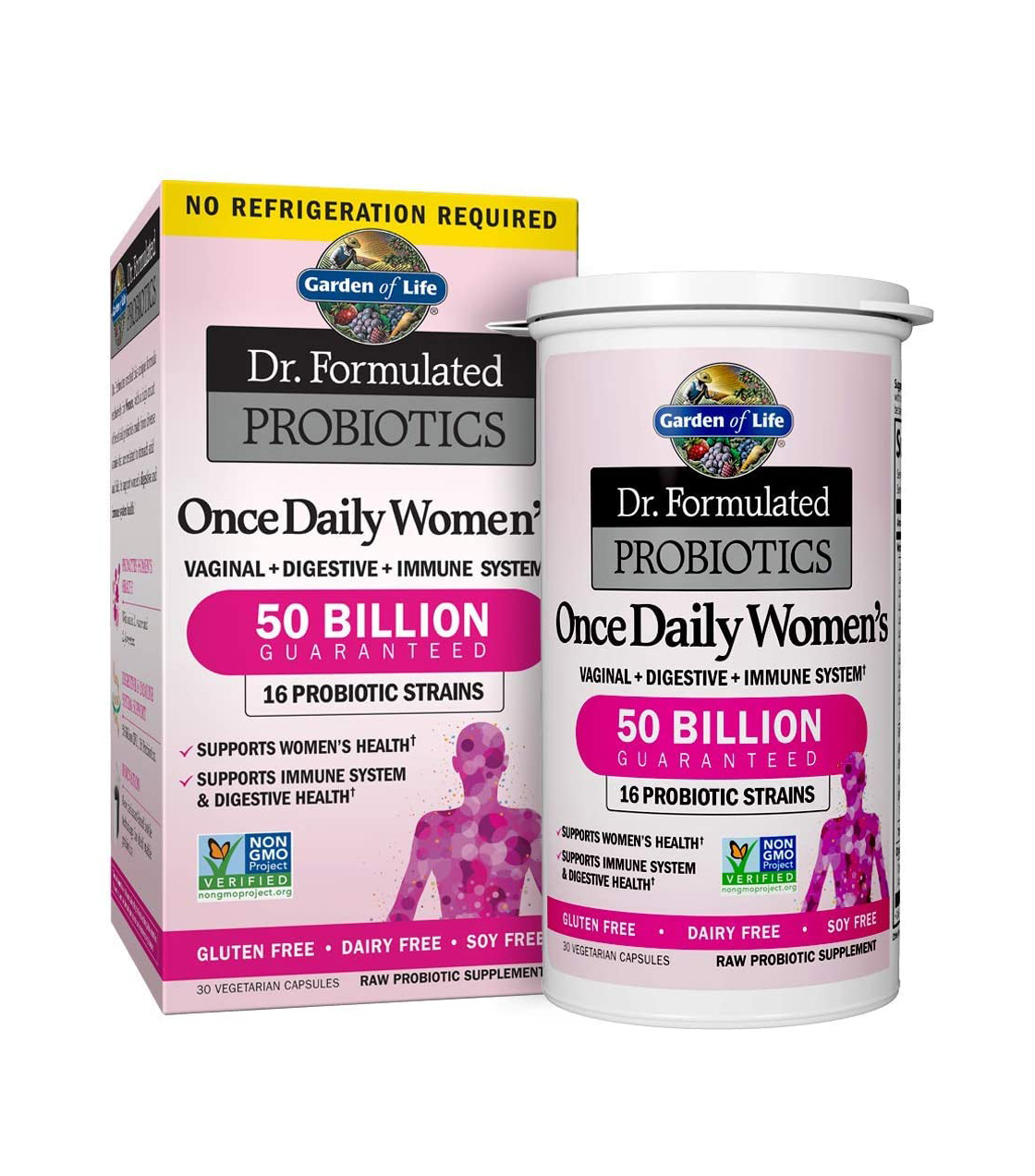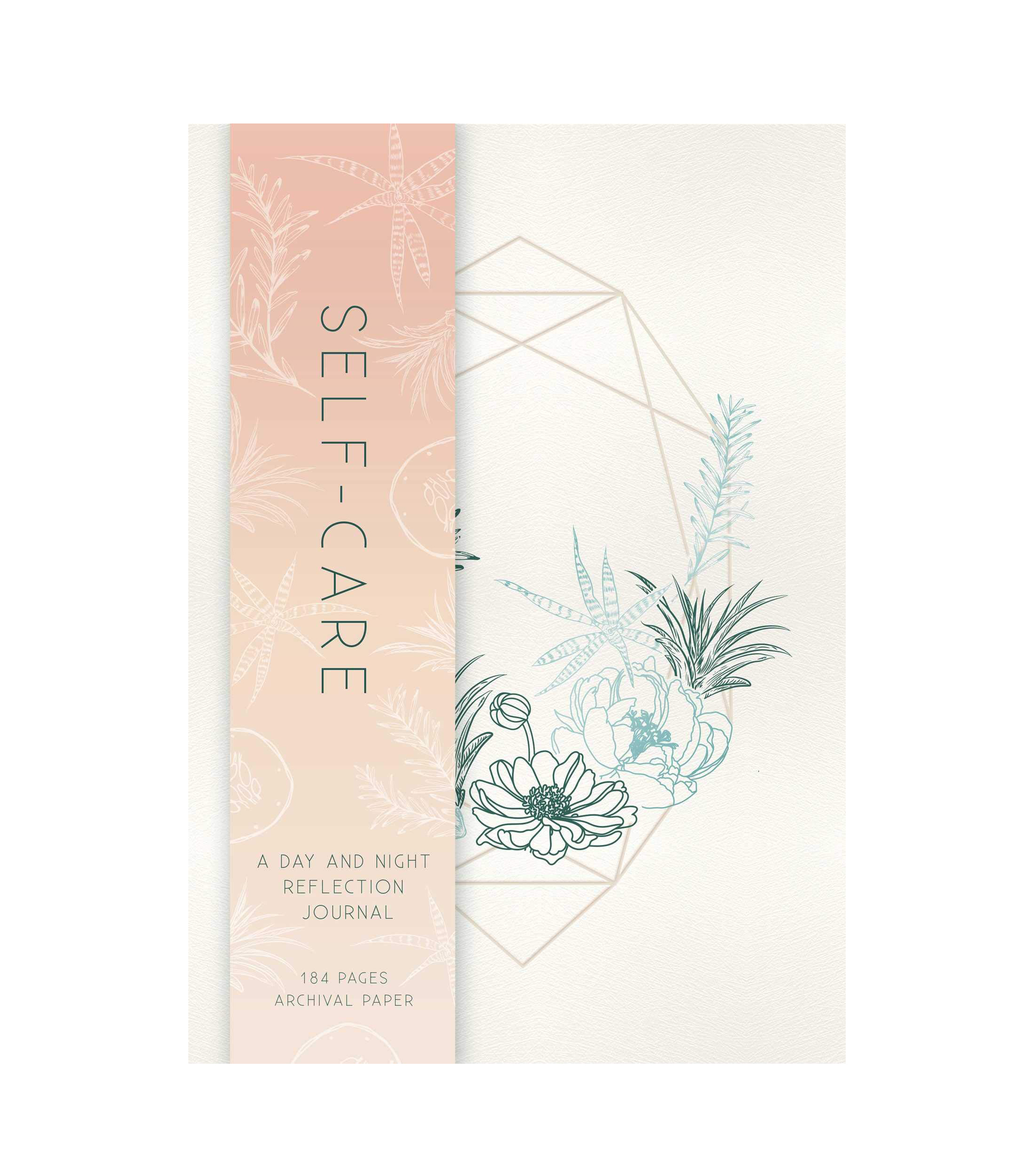11 Things You Can Do to Heal Your Gut Now
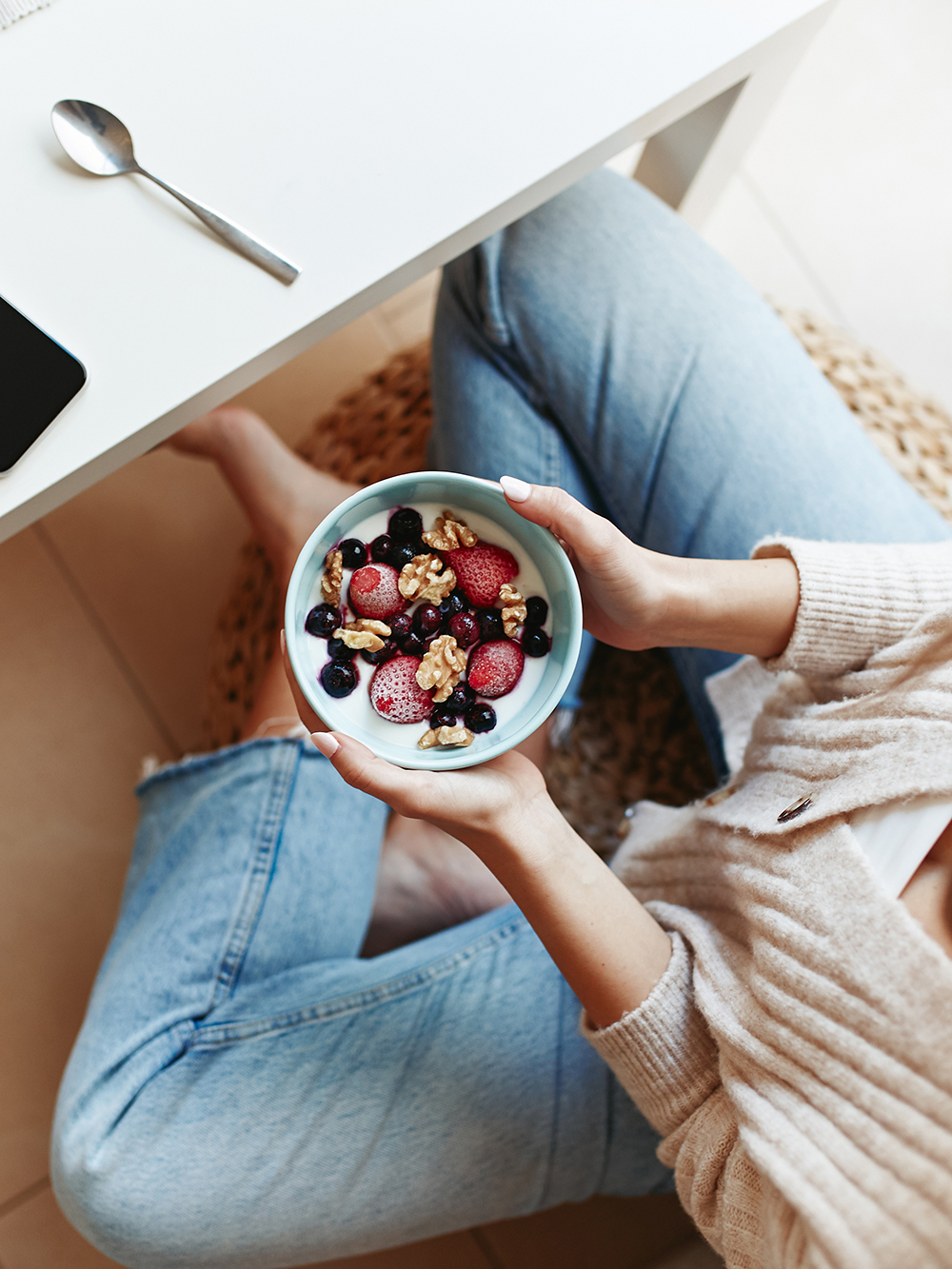
You might already know this, but I think it's worth repeating: Your gut health is so important to the overall function of your body. "The gut is a portal to the rest of the body," Deanna Minich, Ph.D., vice president of scientific affairs for Clean Program. "It takes in foods to give us nutrients that will change the function of organs, like the brain, heart, kidneys, and liver. If our gut is inflamed and not able to properly digest, we lose the ability to harness the benefits from a nutrient-dense diet."
Poor gut health can lead to problems elsewhere in the body. "It is now widely accepted that your gut not only affects the digestion and absorption of nutrients but also can manifest in poor hormonal health, skin health, and mental health," explains Alli Magier, MS, RDN, LDN, a registered dietitian at Rooted Wellness. "Your gut is your second brain—scientists have gone so far to name this lesser-known 'second brain' as the enteric nervous system. Think of the gut and the brain being in constant communication—this plays a key role in disease prevention, immune system functioning, organ health, sleep, and overall mental health. If our gut is not healthy, a physiological, hormonal, and/or emotional response is likely to occur."
Signs Your Gut Health Is in Trouble

So yes, it's important. But how do you know if your gut is in good shape? Well, there are some signs to watch out for. Generally, GI symptoms are a common indicator. "If an individual starts to notice changes in the digestive process such as stomach pain, increased gas, bloating, and changes in bowel movements, chances are, the gut is signaling that something is out of alignment," explains registered dietitian nutritionist, Maya Feller, MS, RD, CDN. "If an individual notices stools that are loose, floats to the top of the toilet bowl, is discolored, or has pieces of undigested food, this is a sign that the gut is experiencing inflammation and is in need of treatment."
Meredith Rofheart, MS, RD, a registered dietitian at Culina Health, also adds other signs include experiencing pain or symptoms after eating certain foods, having many food intolerances, fatigue, or struggles with proper sleep, skin irritation, intense sugar cravings, or unintentional weight changes (loss or gain).
And you might also notice skin and mental health changes, too. "Gut issues can also be manifested in our skin through rashes, eczema, psoriasis, or breakouts," Magier says. "The mind-gut connection is also so real! Gut issues can present as depression, anxiety, fatigue, sleep disturbances, and brain fog as well."
What Causes Poor Gut Health?

There are a couple of things that can contribute to poor gut health—and it's not just diet but also lifestyle choices. The experts highlighted some factors below:
Your diet: Minich says what you eat, how you eat, and when you eat can play a role. "We know that what we eat can inform our gut microbiome, which can ultimately lead to several changes throughout the body, from mood to memory," she says. "How we eat, whether rushed or with mindfulness, can change the quality of our digestion and may result in changes in acid, gas, and/or bloating. When we eat can also play into our gut health. Typically, it's best to have more food consumed in the daylight hours, and less at night, when our digestion is less robust."
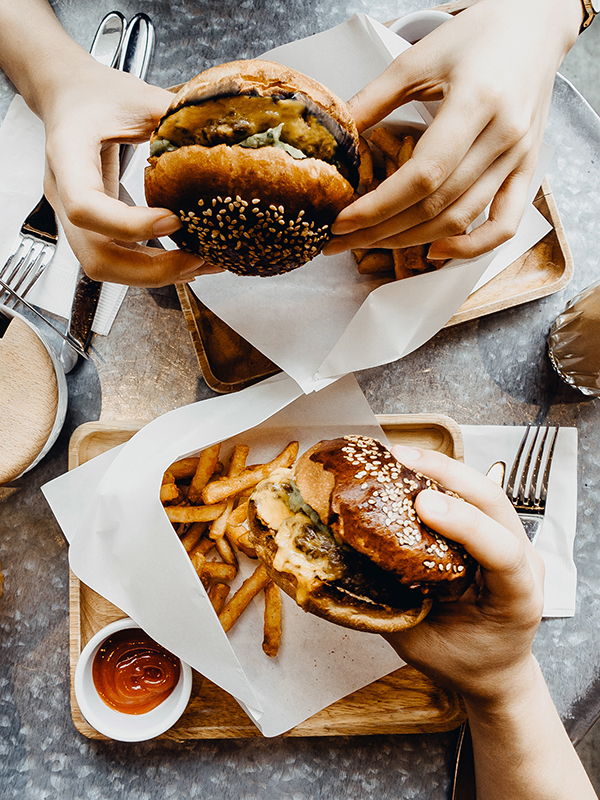
Not eating a wide variety of foods: This and eating a lot of processed foods can increase your risk for poor gut health, Magier says. "A diet mainly composed of foods high in sugar, salt, lab-made fats, and processed foods can lead to an altered gut microbiome that ultimately causes poor gut health and increased inflammation," she says. "These foods can lower the 'good' bacteria in our gut. Interestingly, the imbalance of our gut can ultimately lead to increased sugar cravings. This will create a cycle of eating more processed, high-sugar foods, which further exacerbates a pro-inflammatory response and worsens gut health."
Chronic stress: Not managing your stress can mess up your gut, too. Magier cites research that has shown that stress alters the gut-brain axis and can induce inflammation, decrease immunity, increase GI permeability, and alter gut bacteria composition and function.
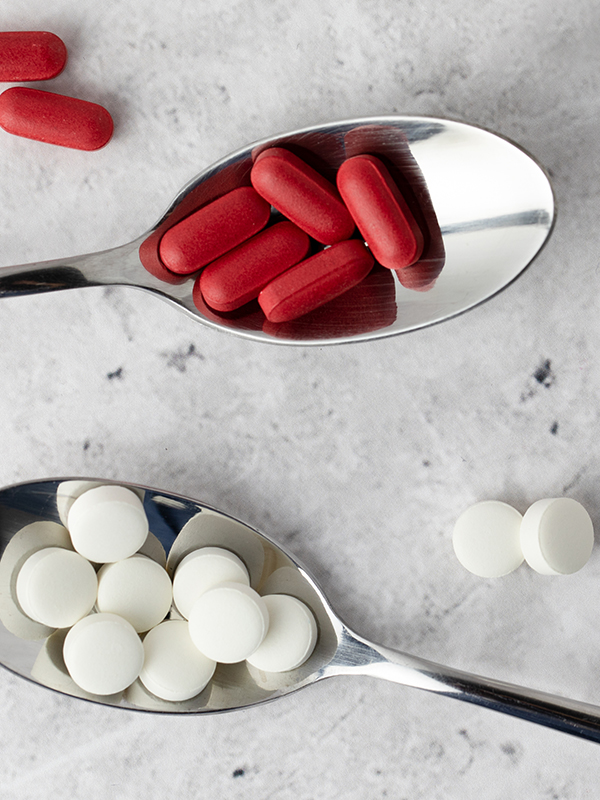
Antibiotics: Yes, they can kill the bad bacteria, but they may also kill the good bacteria in your gut. "Taking them too often can result in poor gut health," Magier explains. "Try to only take them when absolutely necessary in order to not damage your gut flora. If you have to take an antibiotic, taking a probiotic at the same time can help balance your gut flora."
Alcohol: "Alcohol is a toxin and the body recognizes it as such," Feller says. "Regularly consuming large amounts of alcohol changes the bacterial makeup of the gut and can wipe out the beneficial bacteria that reside in the gut, leading to an imbalance of good and bad bacteria."

Autoimmune conditions: Magier says that conditions like Crohn's, ulcerative colitis, Hashimoto's, lupus, and type 1 diabetes have also been associated with an imbalance of good and bad bacteria in your gut.
How to Heal Your Gut
If you're experiencing gut health issues, it's best to visit your doctor, who can help make personalized recommendations based on your health history. "They can also run tests that can better diagnose the problem, whether it's related to digestive enzymes, inflammation, leaky gut, or even growths like polyps," Minich says. "Test, don't guess when it seems like the symptoms are not clearing up. There are different conditions, from skin eruptions to autoimmune disease to brain fog and memory decline, that may be related to gut health. Therefore, it's best to explore the gut as a first-line approach in several cases." Magier recommends seeing both a gastroenterologist and a registered dietitian to get whole-body solutions.
As for when you should see a professional, Rofheart outlined a few watch-outs. "If you notice changes in your normal bathroom habits, if you experience prolonged GI symptoms like bloating or GI pain, if you consistently have symptoms after consuming food, or if symptoms of GI distress and pain, fatigue, cravings, or skin irritation are interfering with your daily life, it's probably time to see a doctor about your gut health," she says.
But if you're not really experiencing any of the above, there are a few diet and lifestyle changes you can make on your own to get your gut health back on track. Take a look at some ideas below.
1. Follow an Anti-Inflammatory Diet
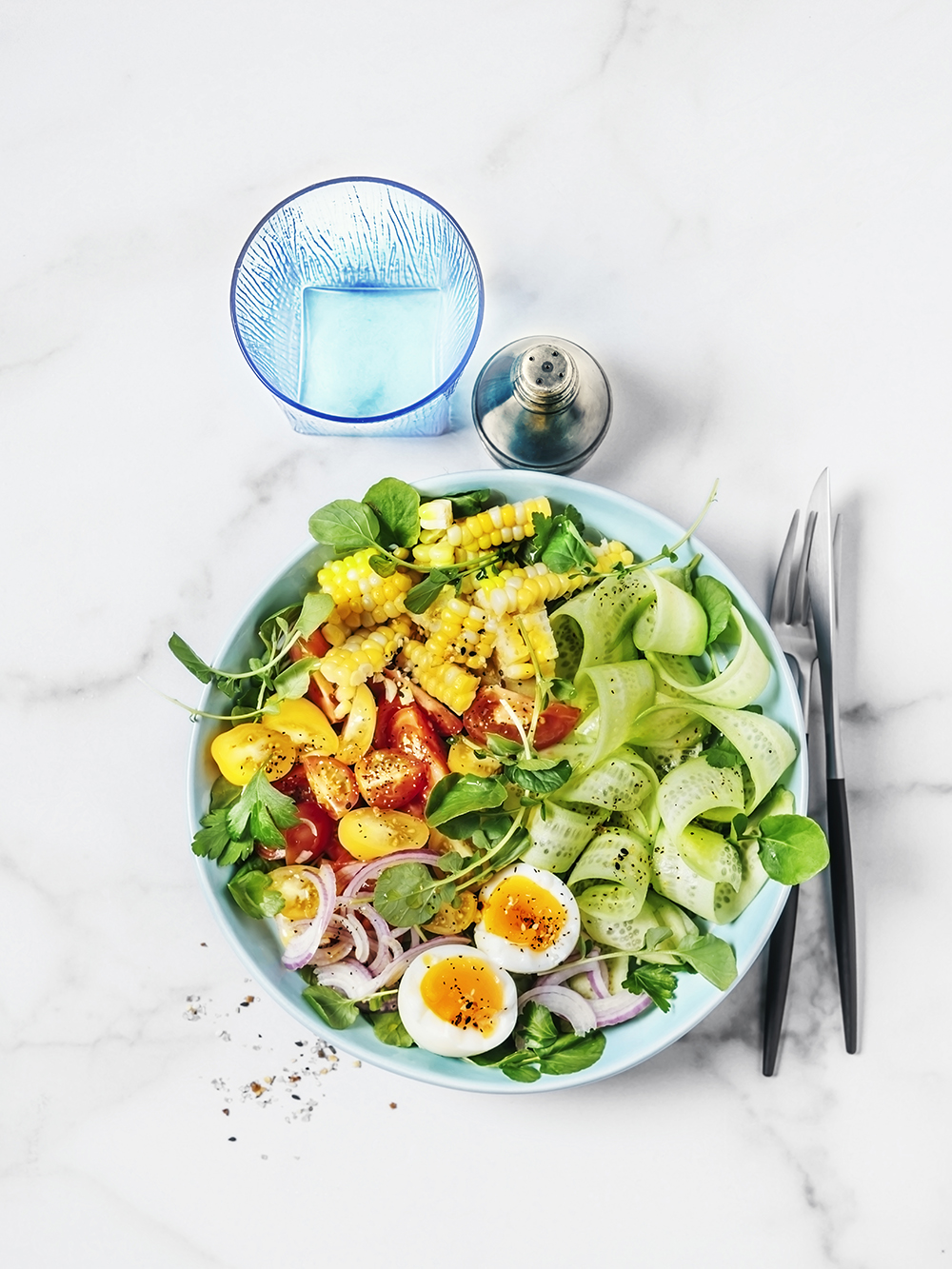
Magier recommends sticking to an anti-inflammatory, plant-forward diet filled with fruits, vegetables, beans, legumes, nuts, seeds, whole grains, lean protein, and healthy fats. "Research shows that a healthy gut is dependent on eating a wide variety of foods," she says.
2. Eat Fiber-Rich Foods

"Eat more fiber-rich foods from whole food sources like fruits, vegetables, whole grains, beans, and legumes," Magier suggests. "Short-chain fatty acids (SCFAs) are produced in the gut when the 'good' bacteria ferment fiber in our colons. SCFAs are the colon's main energy source, so it's no surprise that they are integral to maintaining good gut health. They are also thought to play an important role in preventing disease and reducing inflammation."
3. Limit Processed Foods
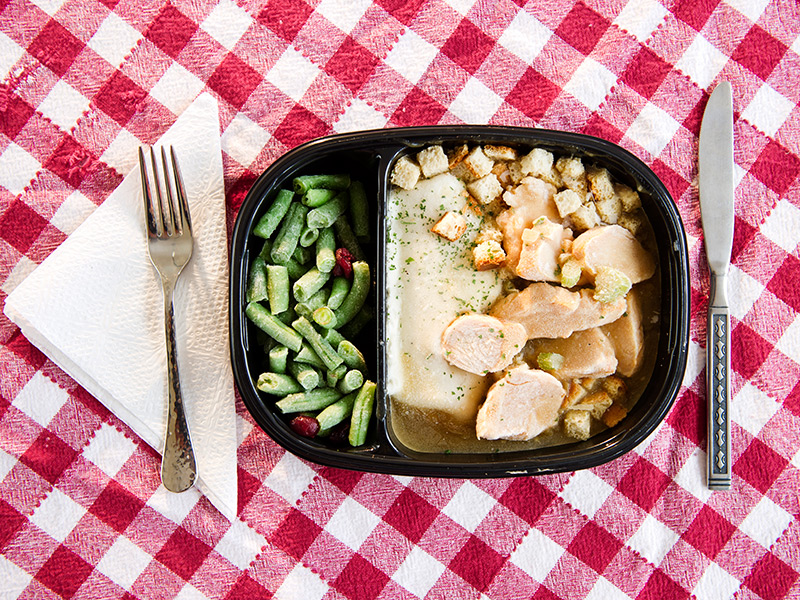
"You can also improve gut health by limiting highly processed foods that are high in added sugar and saturated fat and low in nutrients," Rofheart says. That includes fried foods, frozen meals, processed meats, sugary drinks, and refined carbohydrates. Magier also recommends avoiding food and drinks with artificial sweeteners.
4. Opt for Single-Ingredient Foods
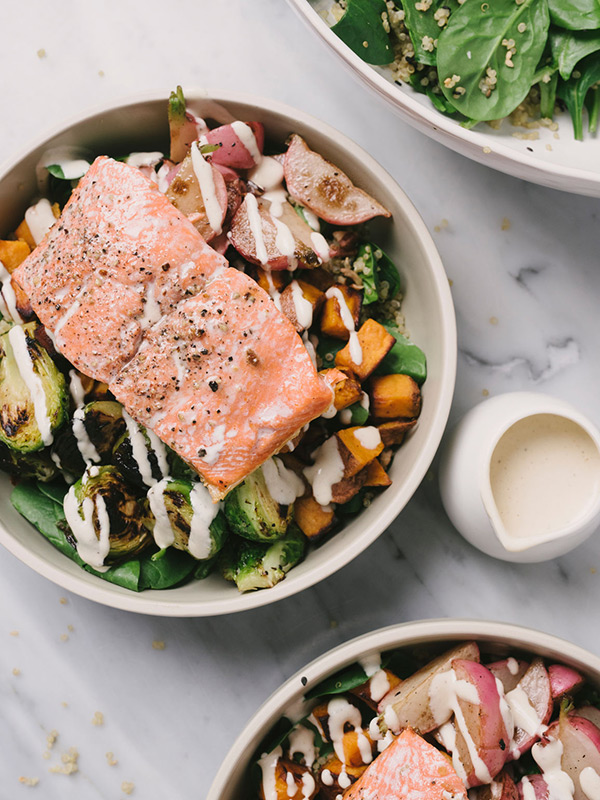
"I always tell my clients to try to name the ingredients on their plate," Magier says. "The more single-ingredient foods you have, the better. For example, a plate filled with salmon, quinoa, and broccoli has roughly three main ingredients! If you are eating a pre-made frozen meal from the grocery store, there is no way you can name all the ingredients in it just by looking at it. Research has shown that your gut flora can change quite rapidly, so load up on those veggies and reap immediate benefits!"
5. Add One Prebiotic and One Probiotic

Magier also suggests adding at least one prebiotic and one probiotic food to your diet per day to increase the good bacteria in your gut. Probiotic-rich foods include plain yogurt, sauerkraut, kimchi, kefir, and sourdough bread. And prebiotic-rich foods include barley, oats, potatoes (with the skin on), beans, and legumes.
6. Eat Slowly

"The manner in which you eat can affect gut health, and you may benefit from chewing thoroughly and slowly," Rofheart says.
Feller adds that you'll want to allow time for digestion to happen before lying down as that will help support a healthy microbiome as well.
7. Keep a Journal

It might be helpful to take note of what you're eating to see if there are any foods that might be causing issues. "If you have symptoms after eating specific foods, it's important to identify food intolerances and triggers by keeping a food-and-symptom journal and then limit or eliminate these triggers from your diet," Rofheart says.
8. Get Moving

"Find the type of exercise that you enjoy, and incorporate it into your lifestyle—whether that is HIIT, Pilates, running, yoga, or hiking," Magier says. "Research suggests that exercise can not only increase the good bacteria in your gut, but it also improves your gut flora diversity"
9. Get Enough Sleep
Magier recommends getting a minimum of seven to eight hours of sleep per night. And if you're having trouble falling asleep, it might be time to refresh your sleep routine. She suggests doing a light stretch, drinking a cup of herbal tea, or limiting screen time before bed.
10. Take Supplements
"Take a prebiotic and probiotic that is right for you," Magier says. "A registered dietitian can tell you which one is best for you depending on your specific signs and symptoms. It is always important to ask a healthcare professional since each probiotic brand and blend is different."
11. Take Care of Your Mental Health

"Managing your mental health is very important for a healthy gut," Magier explains. "Whether it is therapy, exercising, meditating, going for a walk, calling a friend, listening to music, or journaling, find what works best for you to unwind and destress your mind and body."
Disclaimer
This article is provided for informational purposes only and is not intended to be used in the place of advice of your physician or other medical professionals. You should always consult with your doctor or healthcare provider first with any health-related questions.
Sarah is lifestyle writer and editor with over 10 years of experience covering health and wellness, interior design, food, beauty, and tech. Born and raised in Los Angeles, she attended New York University and lived in New York for 12 years before returning to L.A. in 2019. In addition to her work at Who What Wear, she held editor roles at Apartment Therapy, Real Simple, House Beautiful, Elle Decor, and The Bump (sister site of The Knot). She has a passion for health and wellness, but she especially loves writing about mental health. Her self-care routine consists of five things: a good workout, “me” time on the regular, an intriguing book/podcast/playlist to unwind after a long day, naps, and decorating her home.
